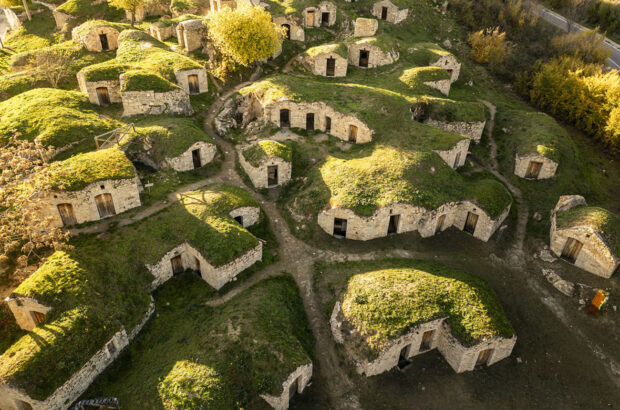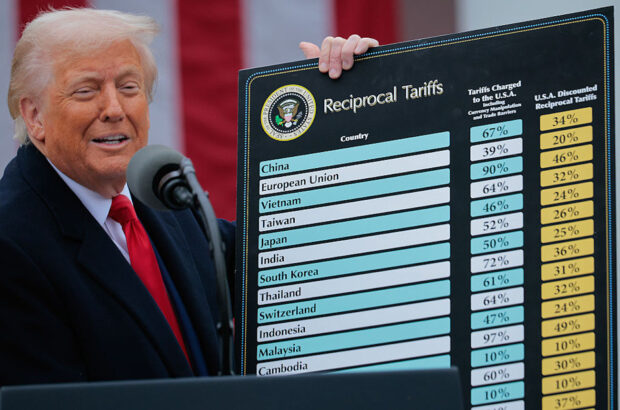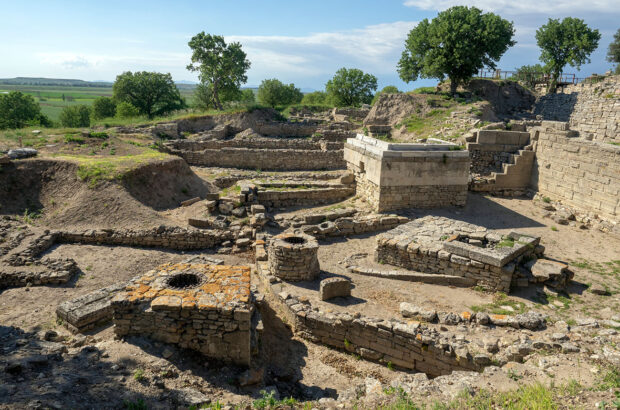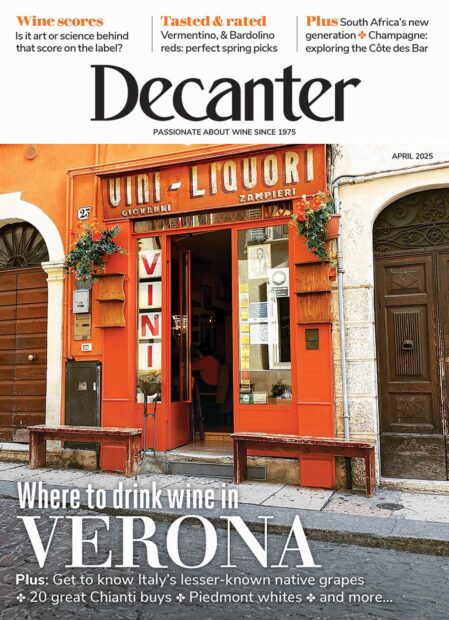When, in 2016, the Valsangiacomo family purchased the El Albardín vineyard in the village of San Juan de Requena, an important stage of its Bobal project had been completed. Having acquired the former local cooperative in 2010, the family was now able to produce an organic-certified wine from bush-trained vines, 60 years old on average. This highlighted the family’s efforts to recover the village’s winemaking tradition with a holistic understanding of terroir as shaped both by the vitocultural and socioeconomic identity of a place. It also cemented Valsangiacomo’s larger, encompassing sustainability strategy.
Two centuries of passion and experience
The origins of Valsangiacomo date back to 1831, when Giovanni and Vittore Valsangiacomo founded their eponymous winery in Chiasso, Switzerland. As their business grew, so did the need for more grapes and wines – their eyes turned to Spain and second generation Cherubino moved to Alicante in 1880 to source fruit to ship to the Swiss winery.
Wine exports became an increasingly important share of the business as the end of the 19th century approached – especially following the impact of phylloxera across Europe. This led to the purchase of wineries in Utiel, Alicante and Valencia, used to produce, store and export wine in bulk. With export and distribution firmly established, Valsangiacomo started bottling its own wine in 1941 under the brand ‘Vall de Sant Jaume’, the Valentian translation of the family’s name.
Throughout the 20th century, Valsangiacomo continued the expansion of its production and portfolio, leading to the company’s relocation to a bigger facility in Chiva. Today, with the fifth generation at the helm, Valsangiacomo exports wines to more than 30 countries. The consolidation of its business has happened alongside the development of a broad sustainability programme that builds upon the family’s experience and commitment to quality. The encompassing strategy has seen the company pursue multiple certifications (Organic, Vegan, Halal) across its multiple brands and facilities and join the ‘unannounced audits programme’ for global food standard certification. Above all, the family remains committed to responsible growth, aware of the needs of the communities and landscapes it relies on to produce its wines.

Old Bobal vineyard in the village of San Juan de Requena.
Bobal de San Juan
The acquisition of the former San Juan cooperative was a natural step in Valsangiacomo’s evolution. With both the family and the business deeply rooted in Utiel-Requena, the opportunity to purchase the winery presented itself almost as an inevitability. The family embraced the privilege and responsibility to preserve the village’s heritage with excitement and determination.
The vines and wines of San Juan cannot be understood without their connection to the local community and the many ways in which cooperative winemaking shaped the village’s life in the last two centuries. By reinstating production at the winery, Valsangiacomo revived the local economy and made it viable for many small growers to preserve their incredible stock of old, historical Bobal vines, a unique genetic heritage. In the cellar, the company restored the concrete vats, built in the beginning of the 20th century, by the cooperative members, and resumed traditional production methods that further underscore the character of the village’s wines.

The original raw concrete vats at San Juan’s cooperative winery, recovered by the Valsangiacomo family.
The Bobal de San Juan project is a unique example of social, historical, economic, architectural and viticultural renewal. It highlights the vital importance and collaborative nature of winemaking for communities across Spain. Building a sustainable future for the community that has long been synonymous with this heritage is the mission Valsangiacomo has embraced – and that lives on in each bottle of Bobal de San Juan produced.
Two wines that capture the sustainability approach of Valsangiacomo
 Bobal de Sanjuan Tinto
Bobal de Sanjuan Tinto
100% Bobal
The signature wine of the eponymous project is produced with fruit from selected grower plots – 40 to 60 years old, bush-trained and dry-farmed – in the village of San Juan. The grapes are naturally fermented and aged in the historical raw concrete vats of the former local cooperative. The result is a wine that fully expresses the character and purity of Bobal unmasked by any winemaking. Ripe red fruit and violets dominate the nose, sprinkled with spicy notes of black pepper and liquorice. The palate is focused and fresh, carried by a a firm yet soft acidity and round tannins with a lively zesty grip.
 El Perdío
El Perdío
100% Bobal
A limited production (3470 bottles/year) from the 1.2-hectare El Perdío plot within Valsangiacomo’s own El Albardín vineyard, planted on clay-rich soils at 660 metres altitude. The vines are 60 years old, bush-trained and dry-farmed. The fruit is partially destemmed and fermented in open-top 500-Litre French oak barriques. The wine is then aged in raw concrete vats. This makes for a broad and complex Bobal, the slightly smoky notes giving definition to the variety’s trademark red fruit and Mediterranean herbs. Tannins are firm but silky and poised. Long, wide finish.









